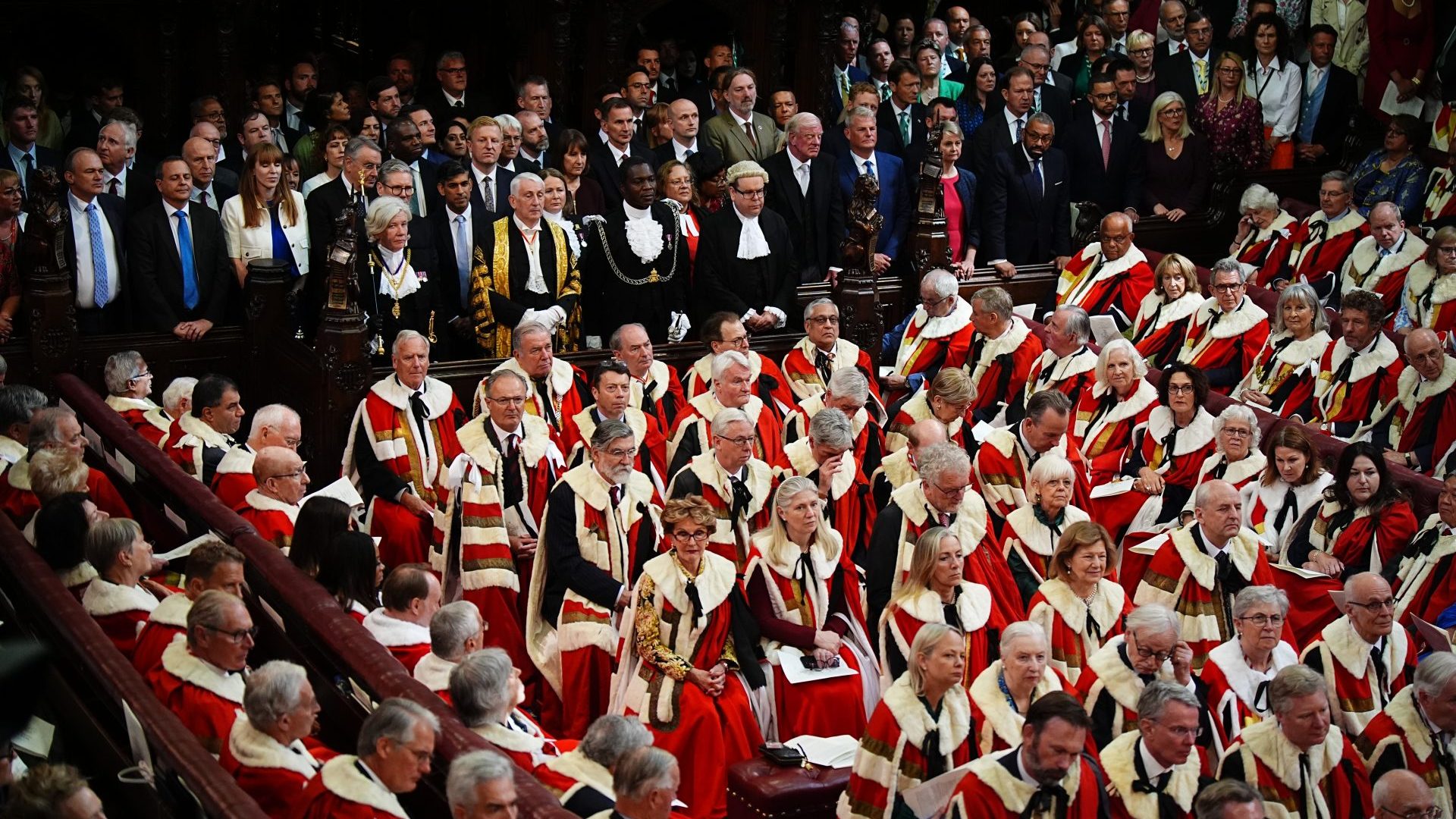Mandatory training sessions are rarely the most fun part of a new job. Whether it’s training videos of multiple-choice questions, having to prove to somewhere that’s just chosen to hire you that you don’t think the nearby pub is the best place to put sensitive documents, or that you shouldn’t tell a rude customer to f*** off is an unedifying way to start something afresh.
The new intake of MPs is currently going through a version of just that experience, and given there are 335 of them that is quite a few training sessions for the parliamentary authorities to get through.
New Labour MPs, who make up the overwhelming majority of the newbies, have been reminded to take this training seriously – Keir Starmer has reminded his new intake that they are mere mortals and should conduct themselves as such.
Given Westminster’s terrible reputation for bullying and harassment, taking the initial training against such things seriously is the absolute bare minimum. What might make that difficult is that at least in part, the training MPs are getting sounds just as anodyne as that of any other job.
In their workshops on proper behaviour, MPs have been asked whether the proper response to perceived rudeness from security staff would be to insult them right back or to respond in kind – you would hope that sober and in the context of a group training exercise, the correct answer was not beyond any of our elected representatives.
Similarly, MPs were presented with this scenario: supposing they are an older male MP working with a younger female researcher in a hotel lobby, would it be appropriate for them to invite the researcher up to their hotel room to finish the task?
It is hard not to find such training at least faintly ridiculous. It is 2024, and no human being should have any excuse not to already know the correct answers in these situations. However, that is precisely the point of making MPs attend these sessions – ignorance goes from being a weak excuse to no excuse at all.
MPs have been formally reminded of their power and their responsibilities. Predictably, given the nature of MPs, in the group training sessions some of the new arrivals were falling over themselves to demonstrate how alive they were to these issues and how seriously they take them. Their future staff will have to hope this alertness is more than just performative.
The legacy of Westminster sleaze, bullying, and harassment is not one that only belongs to the Conservatives, though it tends to harm the reputation of the party in government more than others.
By the time parliament was dissolved for the election, 18 MPs had their whips suspended, mostly for allegations relating to their conduct. Several others had been forced to depart parliament entirely. Some had been under criminal investigation. Westminster’s reputation is in the gutter, and the onus will be on Labour to repair it.
Basic training for MPs is just the start. As MPs arrive into Westminster, they have to learn the elaborate rules of parliament and being a legislator, and have to learn the realities of managing complex constituency casework – being in essence a super-social worker.
But they also have to learn how to manage what is effectively a small business, spanning Westminster and their constituency, with multiple staff members whom they employ directly.
Westminster being staffed by 650 separate teams of staff each with their MP as total boss is a structural problem that has been flagged by review after review – but MPs refuse to change the employment structure to one that could handle complaints, harassment or bullying more professionally.
Holding training for new MPs is a good thing, and parties requiring their new intake to attend doesn’t hurt either. But the structure of parliament is still stacked in favour of those who might, in time, behave badly – to the harm of their staff, their parties, and to trust in politics.
Labour should look to do more on Westminster’s toxic culture, before the new intake pick up bad habits.











